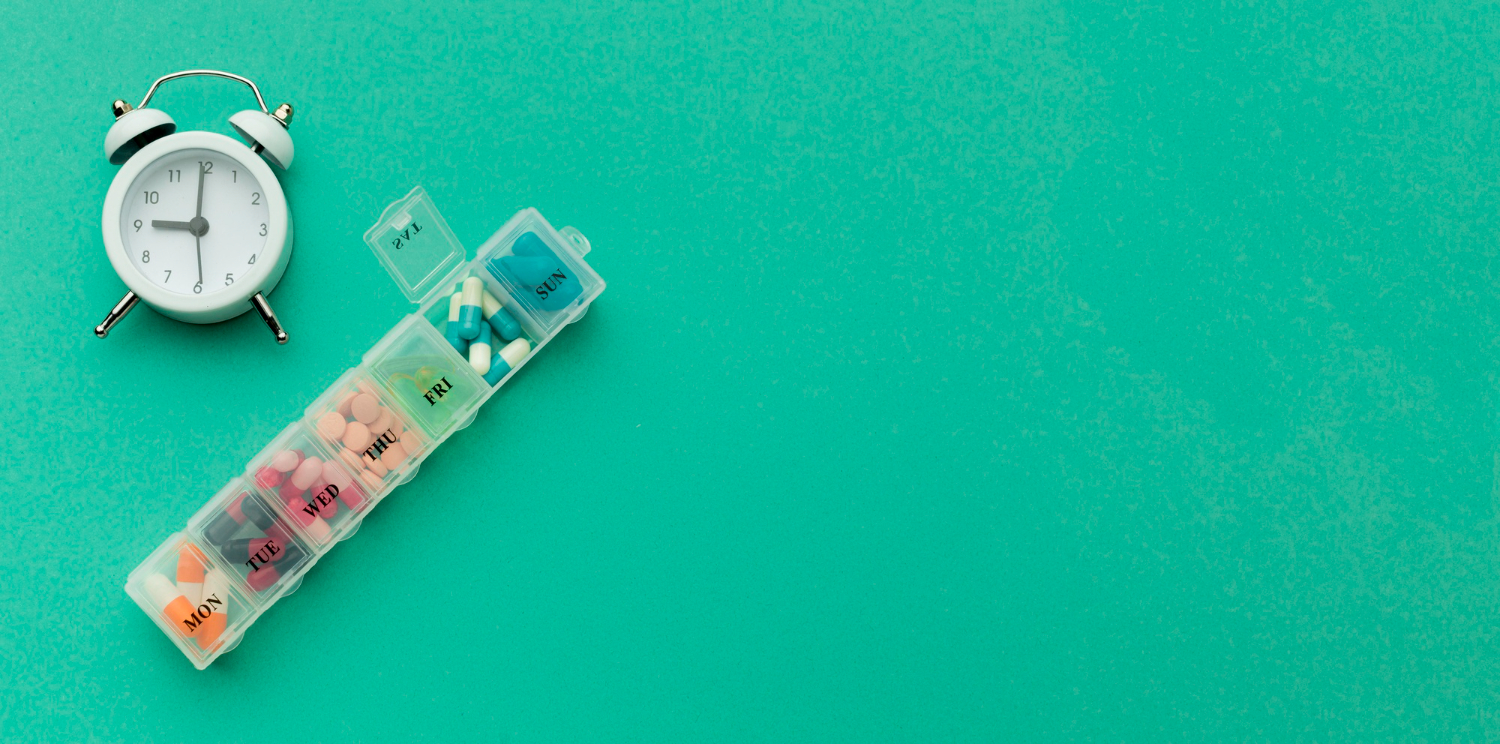This guide explains the typical length of Adderall outpatient rehab programs and factors that affect treatment time. Finding the right recovery center in Brooklyn or your area means understanding how these programs work and what to expect. We'll cover program duration, factors that influence treatment length, and why personalized care matters. You'll also learn about session schedules, progress markers, and what happens after treatment ends.
Average Duration of Adderall Outpatient Rehab
Most Adderall outpatient rehab programs last 8 to 12 weeks. This time frame allows for complete treatment that includes counseling, medication help, and custom care plans. During these weeks, people attend regular therapy sessions, behavioral treatments, and educational classes to address the root causes of Adderall misuse. The goal is to give people the tools they need to manage their condition long-term. An 8 to 12-week program provides the right balance between intensive treatment and slowly returning to daily life, helping create lasting recovery results. The exact length of outpatient rehab depends on each person's unique needs and progress.
Factors Influencing Length of Treatment
Several factors affect how long Adderall outpatient treatment takes, since each person's situation is different.
- Severity of Addiction: How serious the addiction is can change how much treatment time is needed.
- Co-occurring Disorders: Treating other mental health conditions at the same time can affect rehab length.
- Response to Treatment: People respond to therapy differently, which influences how long treatment takes.
- Support System: Having strong family and friend support can lead to better results and shorter treatment time.
Understanding these factors helps create a treatment plan that fits each person's specific needs during Adderall outpatient rehab.
Importance of Personalized Treatment Plans
Creating treatment plans that fit each person's specific needs is vital for successful Adderall outpatient rehab and lasting recovery. Every person dealing with Adderall addiction has different circumstances, background issues, and treatment goals. By making personalized treatment plans, we can address these individual needs completely. This approach lets us adjust therapy methods, counseling styles, and support systems to work best for each person. Personalized treatment plans not only improve chances of successful rehab but also help people take an active role in their recovery. Understanding why customization matters in Adderall outpatient rehab shows our commitment to providing complete and effective care tailored to each individual's needs.
Typical Schedule and Frequency of Sessions
Knowing why personalized treatment plans matter, it's also helpful to understand the usual schedule and how often sessions happen in Adderall outpatient rehab.
- Initial Assessment: A complete evaluation to understand individual needs.
- Individual Therapy Sessions: Usually scheduled weekly for one-on-one support.
- Group Therapy Sessions: Offered several times a week for peer interaction and help.
- Medication Management: Regular appointments to monitor and adjust medications as needed.
These organized sessions provide both individual care and group support, creating a complete approach to recovery. Being consistent and attending regularly helps significantly with progress in managing Adderall use disorder. By following the recommended schedule, people can get the best results and work toward lasting recovery.
Progress Milestones in Outpatient Rehab
Reaching important milestones is a key part of the journey through Adderall outpatient rehab, showing real progress toward recovery. As people go through this process, they may reach various milestones that show their improvement. These milestones can include finishing specific therapy sessions, reaching personal goals set in therapy, demonstrating improved coping skills in challenging situations, and having improved focus and concentration. Celebrating these achievements, no matter how small, is important for boosting confidence and motivation to continue the path to recovery. Each milestone reached serves as a stepping stone toward a healthier and more balanced life. With dedication, support, and persistence, people can progress through outpatient rehab, gaining valuable tools for lasting recovery.
Transitioning From Outpatient Rehab to Aftercare
As people progress through Adderall outpatient rehab, attention naturally turns to the next phase of care, which involves planning for continued support and maintaining progress after rehabilitation. Moving from outpatient rehab to aftercare is an important step in the recovery journey. Here are four key things to consider during this transition:
- Developing a Complete Aftercare Plan: Work with your treatment team to create a personalized aftercare plan that addresses your specific needs and goals.
- Finding Support Groups and Community Resources: Join support groups and use community resources to help your ongoing recovery journey.
- Continuing Therapy and Counseling: Regular therapy sessions can provide valuable support and guidance as you handle life after outpatient rehab.
- Making Healthy Lifestyle Changes: Focus on maintaining a healthy lifestyle by incorporating regular exercise, a balanced diet, and stress management techniques into your daily routine.
Other Related Posts:













